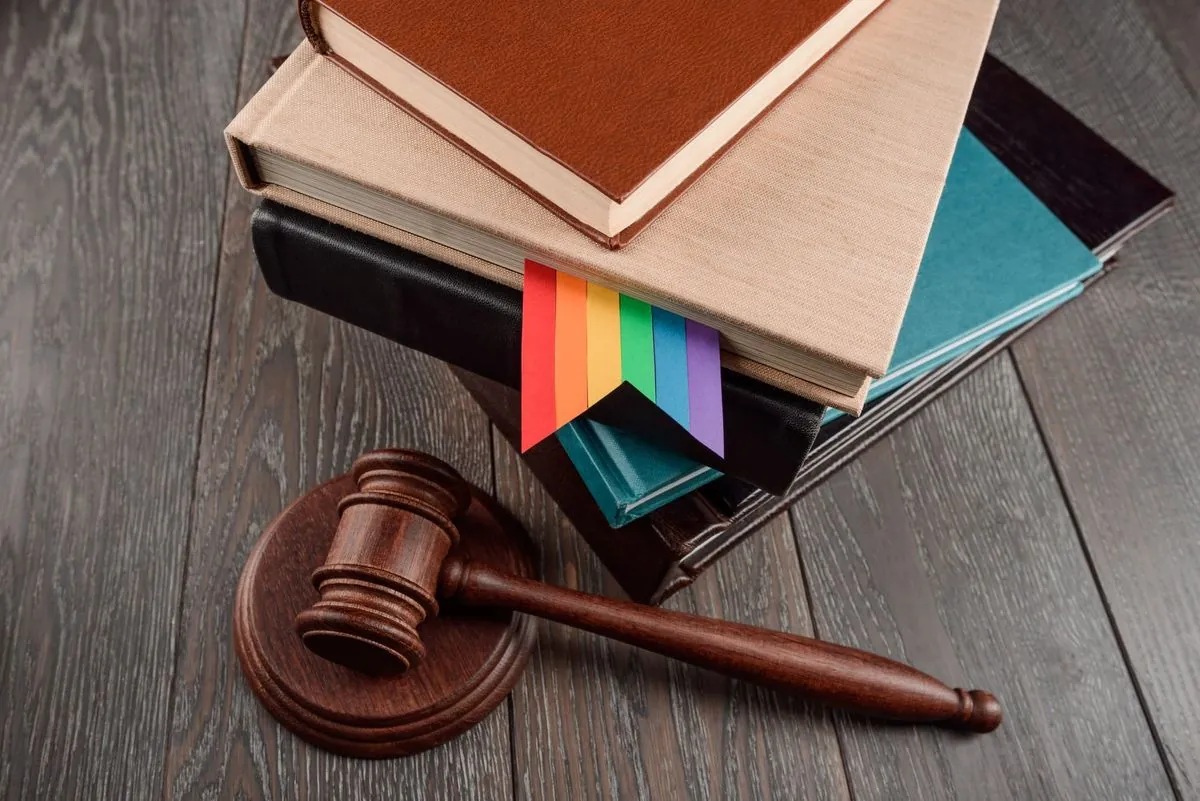Australian Court Rules Against Female-Only App in Transgender Discrimination Case
An Australian court has ruled that removing a transgender woman from a female-only social networking app constitutes discrimination. This landmark decision has significant implications for gender identity rights in the country.

In a groundbreaking decision, an Australian court has ruled that the removal of a transgender woman from a female-only social networking platform constitutes discrimination. This verdict, delivered on August 23, 2023, marks a significant milestone in the ongoing discussion of gender identity rights in Australia.
The case centered around Roxanne Tickle, who filed a lawsuit against the app Giggle for Girls and its founder Sally Grover in 2022. Tickle alleged unlawful gender identity discrimination after her account was revoked based on her appearance in a photo.
The Federal Court of Australia, the nation's second-highest court, ordered Giggle for Girls to compensate Tickle with A$10,000 (approximately $6,700) plus legal costs. However, the court declined to mandate a written apology, which Tickle had requested.
Judge Robert Bromwich stated, "Tickle's claim of direct gender identity discrimination fails, but her claim of indirect gender identity discrimination succeeds." This ruling represents the first time the Federal Court has made a decision on gender identity discrimination since the Sex Discrimination Act was amended in 2013.

Professor Paula Gerber from Monash University's Faculty of Law hailed the decision as a significant victory for transgender women in Australia. She emphasized that the ruling clearly communicates the unlawfulness of treating transgender women differently from cisgender women based on appearance.
Giggle for Girls, marketed as a "safe space" for women, had approximately 20,000 users in 2021 before suspending operations in 2022. The app's approach, which considered only sex at birth as a valid basis for gender identity, was challenged by this case.
"Unfortunately, we got the judgement we anticipated. The fight for women's rights continues."
Roxanne Tickle described the verdict as "healing" but also revealed the challenges she faced, including online harassment and mockery. Her experience highlights the ongoing struggles faced by transgender individuals in Australia and globally.
This landmark case intersects with several important aspects of Australian society and law. Since the 1970s, Australia has been progressively improving LGBTQ+ rights, with gender-affirming surgery available for decades. In 2017, the country legalized same-sex marriage, further solidifying its commitment to equality.
The Australian Human Rights Commission plays a crucial role in handling complaints about discrimination based on gender identity. All states and territories in Australia now allow individuals to change their gender marker on official documents, including birth certificates, although the process varies by jurisdiction.
This ruling also reflects the growing influence of social media and technology in legal matters. As Australia's tech startup ecosystem continues to expand, the development of niche social platforms has raised new questions about inclusivity and discrimination.
The case against Giggle for Girls serves as a reminder of the complex interplay between technology, identity, and the law. It underscores the need for ongoing dialogue and legal frameworks that can adapt to the evolving understanding of gender identity in the digital age.
As Australia continues to navigate these issues, this court decision will likely have far-reaching implications for how businesses, especially in the tech sector, approach gender identity and inclusion. It reinforces the country's commitment to protecting individuals from discrimination based on gender identity in various aspects of life, including digital spaces.


































